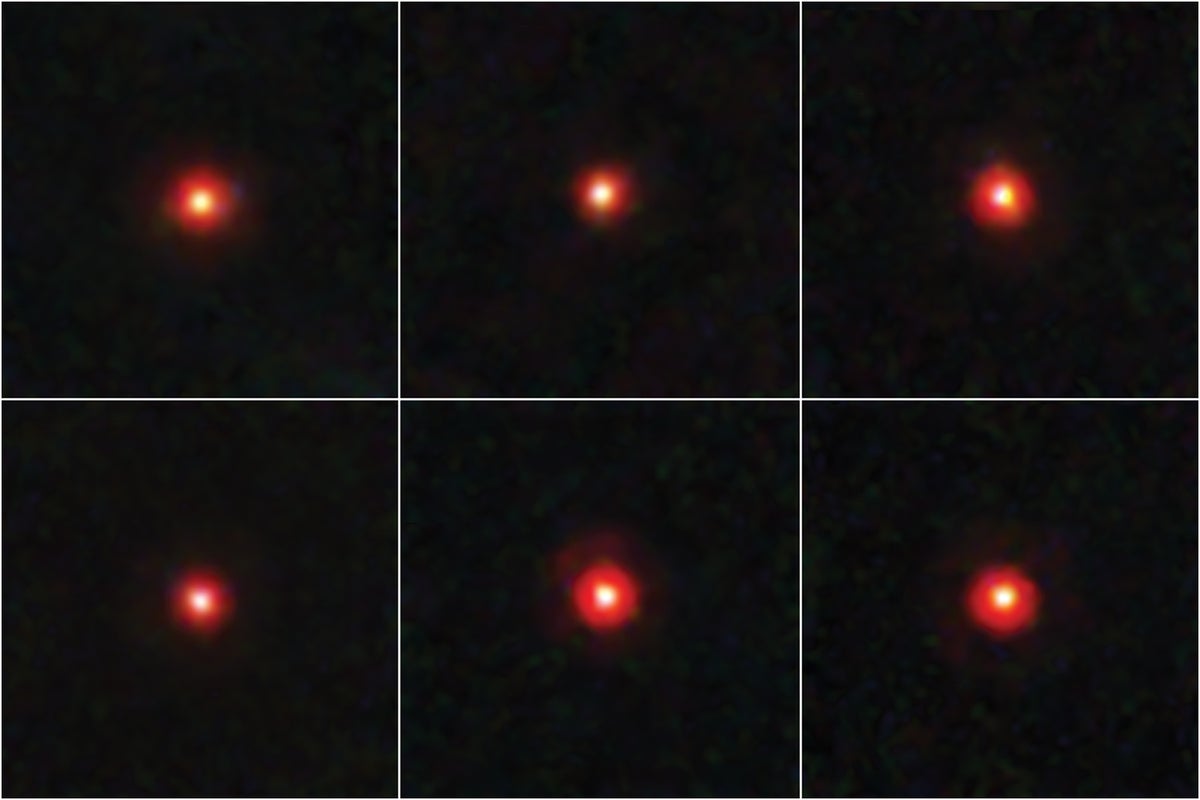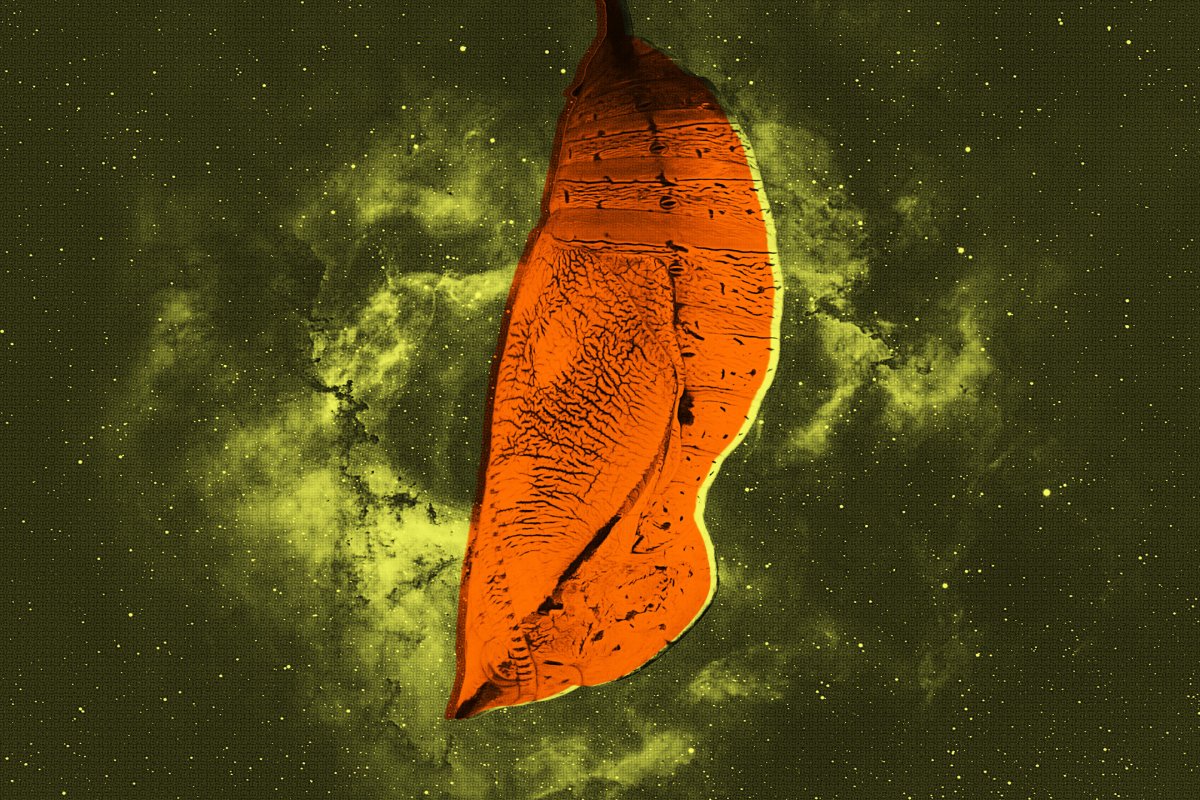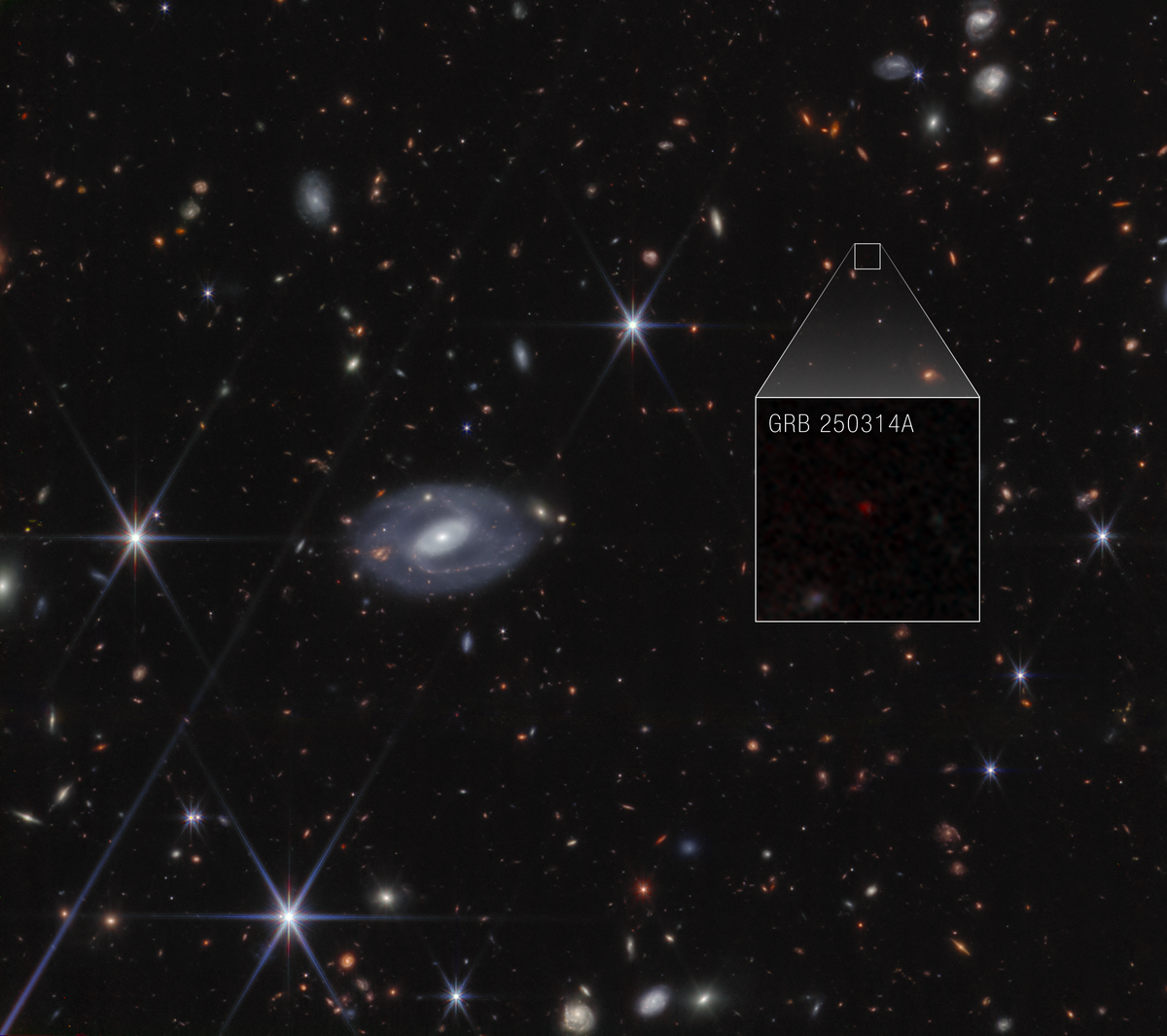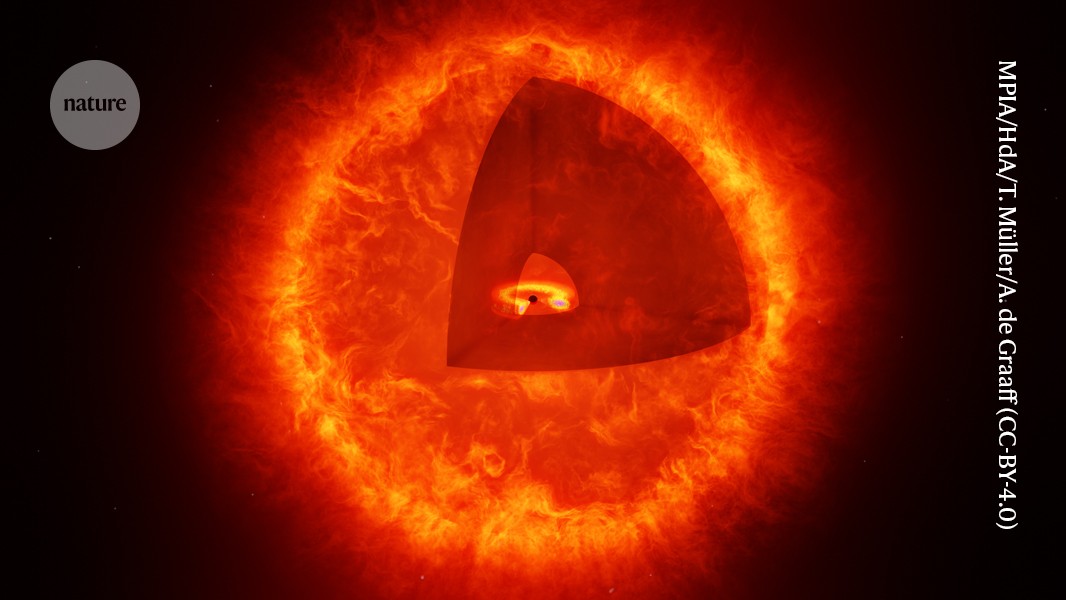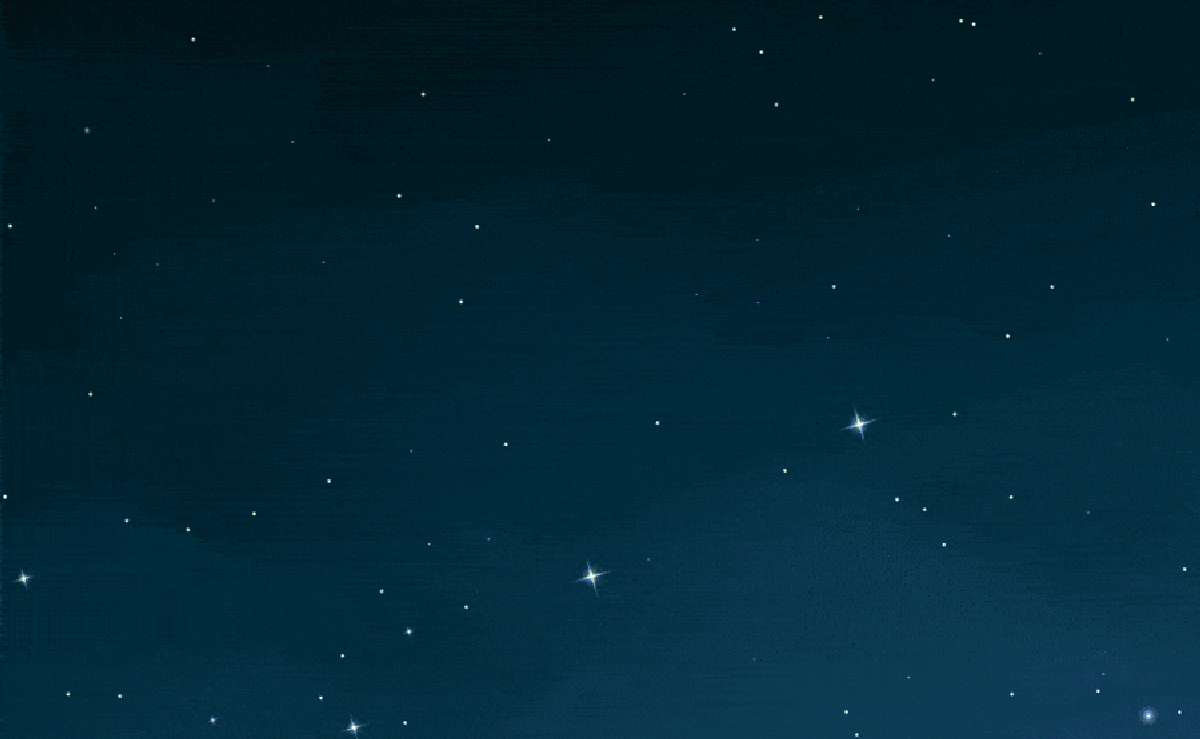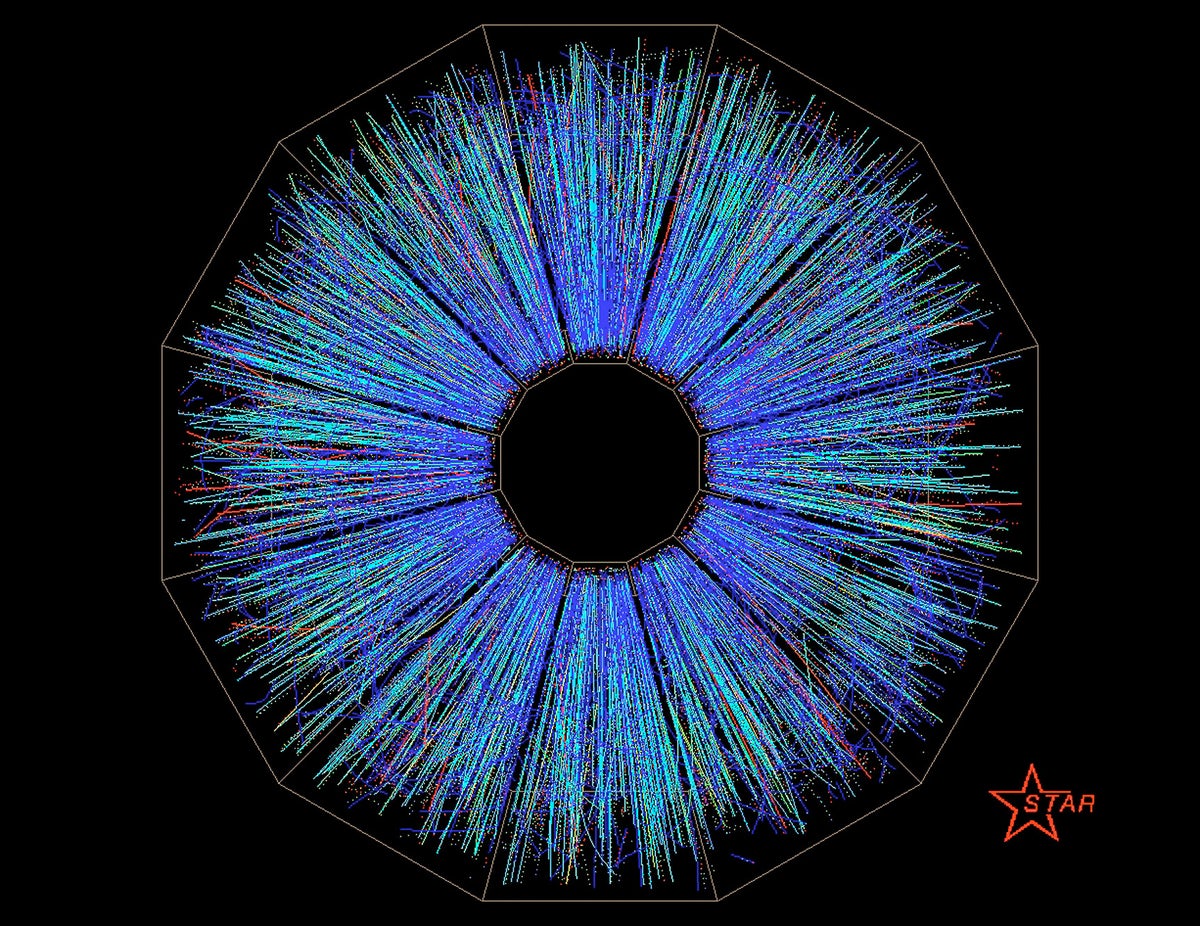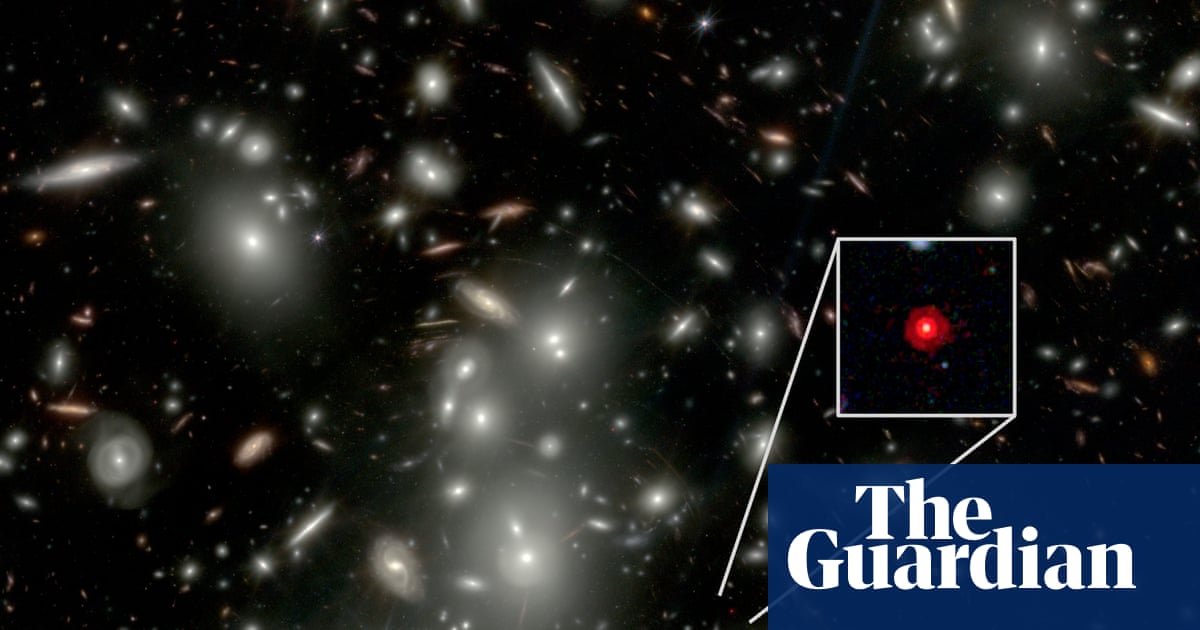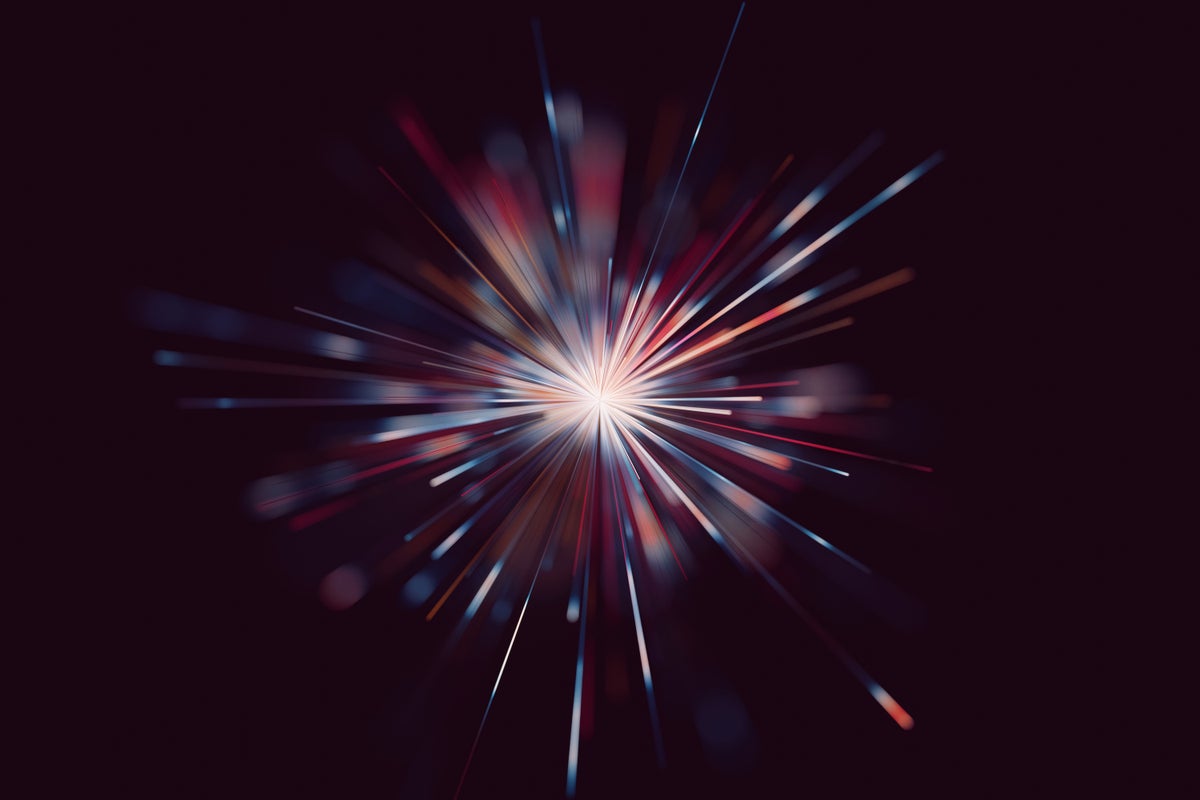#early-universe
#early-universe
[ follow ]
fromArs Technica
3 months agoRunaway black hole mergers may have built supermassive black holes
The researchers used cosmological simulations to recreate the first 700 million years of cosmic history, focusing on the formation of a single dwarf galaxy. In their virtual galaxy, waves of stars were born in short, explosive bursts as cold gas clouds collapsed inside a dark matter halo. Instead of a single starburst episode followed by a steady drizzle of star formation as Garcia expected, there were two major rounds of stellar birth. Whole swarms of stars flared to life like Christmas tree lights.
Science
fromFuturism
4 months agoThe James Webb Appears to Have Spotted "Dark Star" Powered by Dark Matter, Paper Claims
Astronomers say NASA's James Webb Space Telescope may have spotted the universe's first "dark stars," primordial bodies of hydrogen and helium that bear almost no resemblance to the nuclear fusion-powered stars we've come to know.
Science
[ Load more ]
